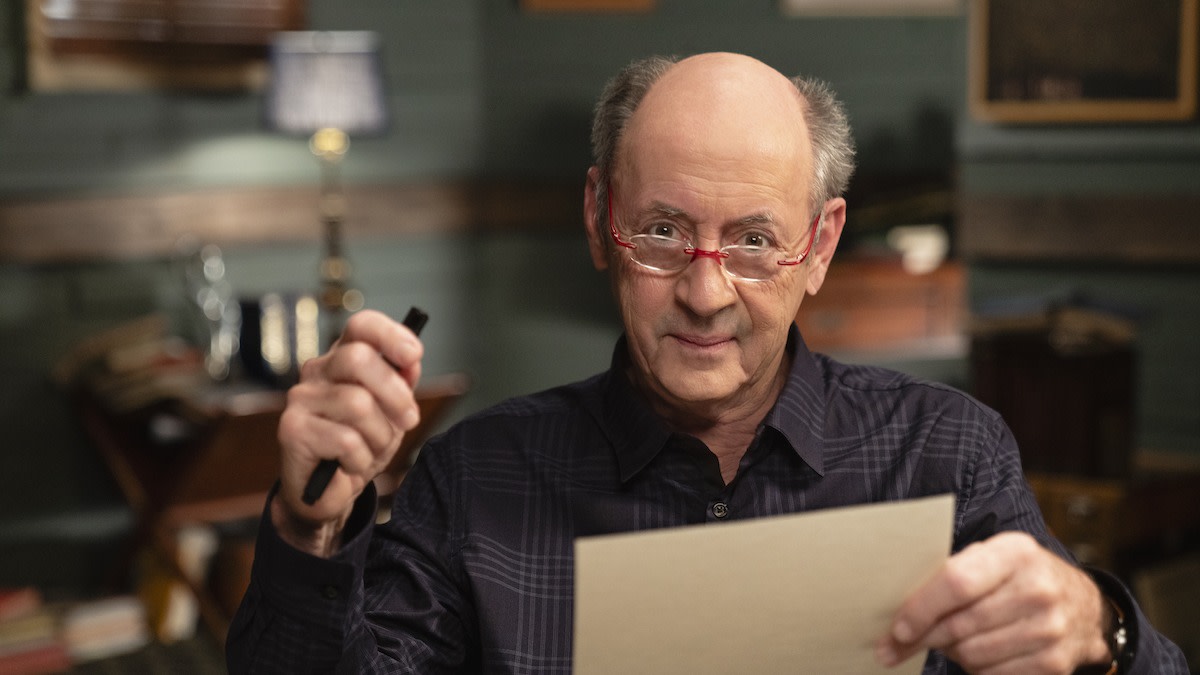Billy Collins’s 6 Tips for Writing Poetry
Written by MasterClass
Last updated: Dec 2, 2021 • 3 min read
Poetry comes in many different forms, structures, and rhyme schemes. Whether you choose to write free verse, sonnets, haiku poetry, or something else entirely, you can benefit from these poetry tips from former United States poet laureate Billy Collins.
Learn From the Best
Billy Collins’s Tips for Adding Elements of Your Life Into Your Poetry
Billy Collins’s 6 Tips for Writing Poetry
Good poetry uses poetic devices to paint a vivid picture of something while taking on a deeper meaning. Writing poems can be an emotional task, but can ultimately be a freeing experience. Here are some poetry writing tips from poet Billy Collins:
- 1. Find your persona. Billy says, “I think when we write poems, we put a lot of ourselves in the closet, and we put on a better self—more sensitive, more in tune with emotions. I would suggest it’s a good idea to get that self out of the closet, let her or him into your poem. Let some of the raggedy-ness of your life in. If you’re a sarcastic person...get some of that wise-aleck stuff into your poems.” Everyone has a voice, temperament, tonal range, and sense of humor (or lack of humor), and that is your personality—know how to tap into that. You can always draw from other poets, but you don’t want to get lost.
- 2. Write uncensored. In choosing what to write about, nothing is too trivial, according to Billy. You don’t have to be serious or even sincere. Don’t think about what's permissible in poetry and what's allowed into it, because you may wind up adhering to the rules so much that you're afraid to write what you really want to write about. Many poets have moved into territories once deemed forbidden in poetry; they have opened up new ground as a result of taking the chance.
- 3. Make a mess. It’s important to write in a way that feels most comfortable to you. If you’re handwriting your draft, cross out words or entire lines, scribble in notes, and mark it up however you feel. Try not to be tidy about your initial drafts.
- 4. Read poetry. With so many different types of poetry available, reading poetry can provide an endless amount of inspiration. Your voice is in the voices of other poets, and you will develop your own by copying, imitating, and lifting from some of these other poets. Think of some of the poets or poems you admire. Pick a favorite poem and read it over and over again, noting the methods the poet uses to achieve his or her voice. The more you read poems, the easier you’ll identify the right methods to develop your own unique voice.
- 5. Start small. A poem has two subjects: the subject you start with and then the subject you discover as you go along. The subject you start with is a provisional way to begin the poem, and you can quickly abandon it once that beginning has led you to what the poem is really about. Rather than starting out saying this is going to be a poem about human misery or another specific topic, start out with just a little something. Begin by describing a table setting or what you see out your window. If it's a farm or a cityscape, try describing that. Often, because one thing usually happens after another, that will lead you into something grander, and that's the real subject.
- 6. Be yourself. If you are not naturally funny as a person in your life, don’t try to be funny in your own poems, Billy suggests. Write in the way that feels most natural to you, rather than trying to squeeze yourself into a specific type of poem.
Learn More
Want to become a better writer? The MasterClass Annual Membership provides exclusive video lessons on plot, character development, creating suspense, and more, all taught by literary masters, including Billy Collins, Margaret Atwood, Dan Brown, Judy Blume, David Baldacci, and more.
